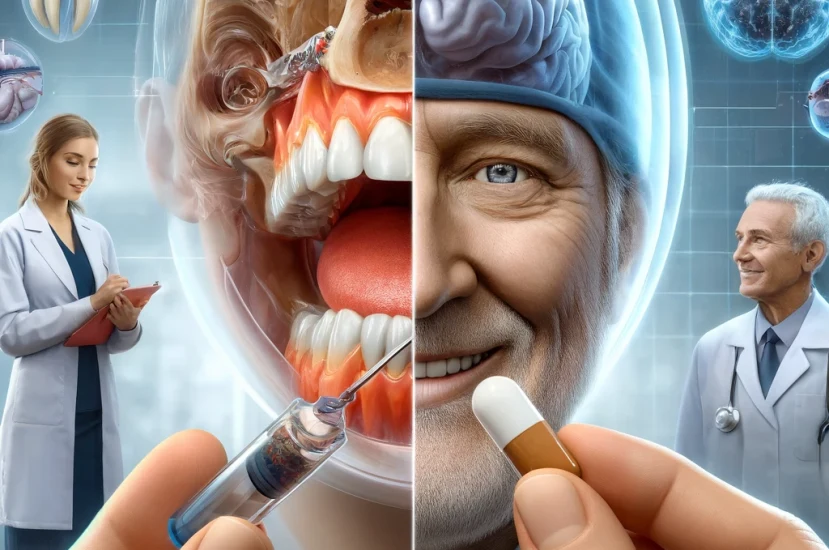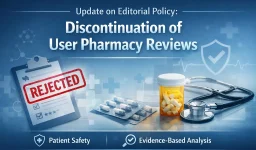The non-trivial role of the GSK-3 (glycogen synthase kinase 3) enzyme in a number of diseases is being intensely studied through the development and testing of a new class of drugs – GSK-3 inhibitors. Tideglusib is one of these drugs. It is a potent GSK-3 inhibitor currently ongoing clinical trials for the treatment of Alzheimer’s and progressive supranuclear palsy. It is equally proposed for the treatment of autism disorders in adolescents.
However, Tideglusib may also be a powerful addition to the dentistry’s arsenal of treatments. English scientists discovered that the GSK-3 inhibitor stimulates tissue regeneration in damaged teeth. The unexpected finding opens the door to a revolution in dental treatments aiming to restore tooth material lost to trauma, infections or decay. Current methods rely on inorganic materials to fill cavities, but these solutions don’t always mix well with living tissue and may end up forcing the removal of the tooth. The new drug, on the other hand, makes use of the body’s natural healing capabilities to grow new dentine.
Natural healing booster
It is generally understood that an exposed pulp is a serious threat for dental health and should be covered as quickly as possible. Currently, dental medicine addresses this issue disregarding the body’s own healing faculties. According to the researchers from King’s London College, biologically inert silicon or calcium-based fillings leave the mineral profile of the tooth perpetually unbalanced and prone to infections.
With the new drug (made of GSK-3 inhibitors) and collagen, scientists were able to induce natural regeneration of dentine to seal off 0.14mm holes in mice’s teeth in four to six weeks. The technique consists of filling a tooth cavity with a collagen sponge (which is left to biodegrade) and applying a GSK-3 inhibitor drug to the affected area. The drug stimulates the stem cells inside the tooth to grow new dentine material as the collagen biodegrades. In the end, new dentine tissue will have naturally replaced the collagen to close the cavity.
Possibly a short wait
Professor Paul Sharpe, who led the study, said that the simplicity of this new method is ideal to treat large cavities. The method could even be useful to curb natural tooth decay, which affects every aging person. Given that collagen sponges are widely commercially available and Tideglusib is already ongoing phase III trials for Alzheimer’s, the innovative method could be made available in clinics relatively soon. This may be the first dental regeneration solution based on stem cell stimulation to hit the market.



